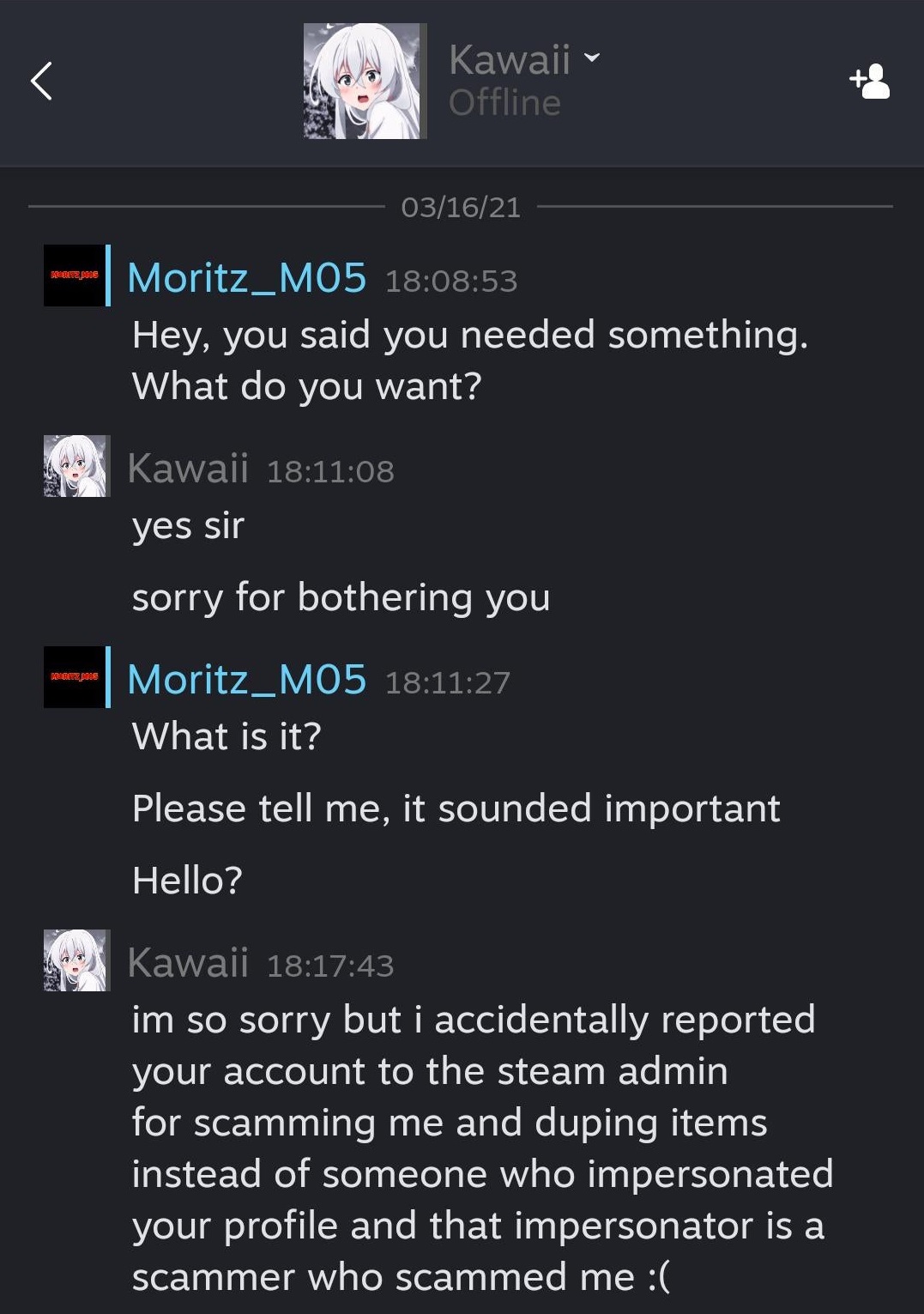Black Tube Sex Hub
Exploring the world of adult entertainment and erotic content.
When Reporting Goes Wrong: The Hidden Drama of CSGO's Report System
Discover the shocking truths behind CSGO's report system. Uncover the drama and chaos that unfolds when reporting goes wrong!
Exploring the Flaws: How CSGO's Report System Fails Players
The report system in CSGO is intended to create a fair gaming environment by allowing players to report toxic behavior, cheating, and other violations. However, many players have found that this system often falls short of its objectives. For instance, players report incidents of harassment or blatant cheating, yet they rarely see any consequences for the offenders. This lack of accountability can lead to frustration and a sense of helplessness among the community. Additionally, the CSGO report system lacks transparency; players are left wondering what happens after they submit a report and whether their concerns are taken seriously.
Moreover, the effectiveness of the CSGO report system is further diminished by the difficulty in proving misconduct in certain situations. Players may experience games where teammates display unsportsmanlike conduct or intentionally sabotage their chances of winning, but the system's inability to accurately assess these nuances means that many reports go unaddressed. This contributes to a toxic atmosphere rather than alleviating it. As players continue to encounter these issues, it's clear that the report system in CSGO needs significant improvements to serve its purpose effectively and foster a healthier gaming environment.

Counter-Strike is a popular first-person shooter game that emphasizes teamwork and strategy. One of the exciting features of the game is CS2 Case Battles, where players can engage in thrilling matches using unique skins and weapons. The game's competitive nature and robust community continue to attract gamers worldwide.
The Consequences of Misreporting: Stories from the CSGO Community
The world of CSGO is not just about skill, strategy, and teamwork; it's also influenced by the narratives players create and share. Misreporting can lead to significant misunderstandings within the community. For instance, when players exaggerate or fabricate incidents—be it about in-game cheating, professional players' behavior, or matchmaking misfortunes—this can spark unnecessary drama and conflict among fans. A prominent example is the controversy surrounding a top-tier player who was falsely accused of cheating. The false allegations, propagated through social media, led to a temporary suspension and a significant loss of endorsements, highlighting how damaging misreporting can be.
Furthermore, the consequences of misreporting extend beyond individual players to impact entire teams and organizations. A narrative can emerge that paints a team in a negative light, based on rumors rather than facts. Consider the case of a well-known esports organization that faced backlash due to false claims about player mistreatment and practice conditions. These misreported stories not only damaged the team's reputation but also affected their fanbase and sponsorships. To prevent such scenarios, it's essential for the community to prioritize fact-checking and responsible reporting, ensuring that the CSGO community remains a supportive and informed hub of gaming culture.
What Happens Behind the Scenes: Understanding CSGO's Reporting Mechanisms
Understanding CSGO's reporting mechanisms is crucial for players who want to maintain a fair gaming environment. CSGO has implemented a detailed system that allows players to report suspicious behavior, including cheating, toxic communication, and griefing. When a player files a report, it enters a comprehensive review process that may involve game statistics, player behavior history, and community feedback. The reporting system not only aims to identify problematic players but also serves as a deterrent against misconduct, thus promoting a healthier gaming ecosystem.
Once a report is submitted in CSGO, it goes through a series of evaluations. Players often wonder what happens behind the scenes. The reports are analyzed by Valve's automated systems initially, which flag significant issues based on algorithms. If necessary, a human review may follow, especially for reports related to serious infractions like cheating. Furthermore, players can view their report status, but detailed outcomes are generally kept internal to maintain the integrity of the process. This transparency in results, while limited, ensures that players feel acknowledged and that actions are taken against disruptive behaviors.